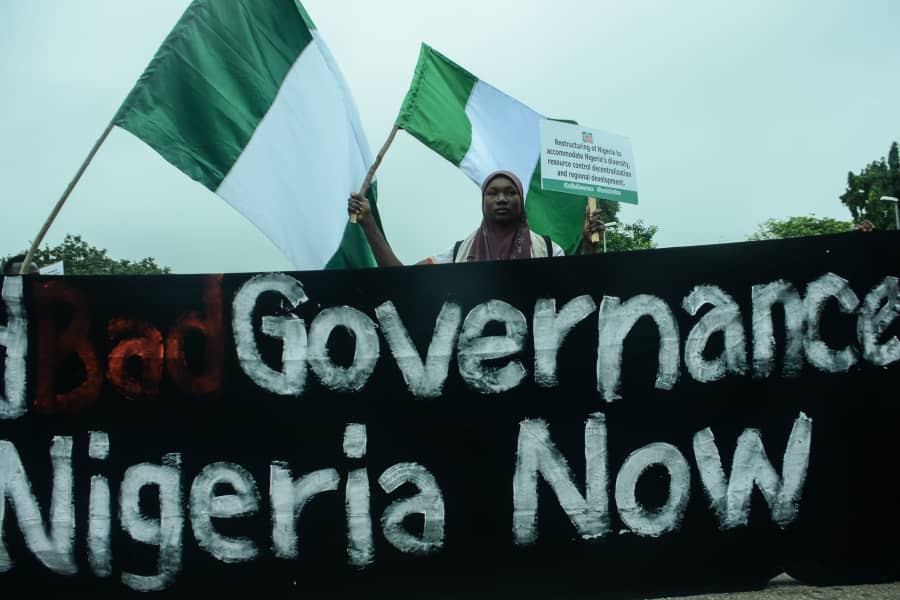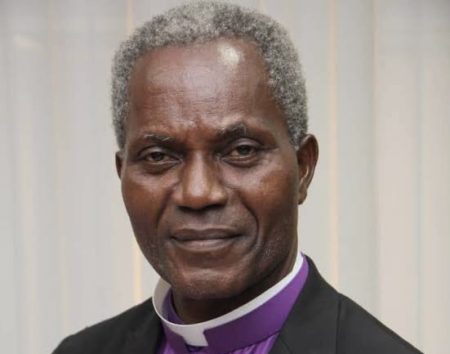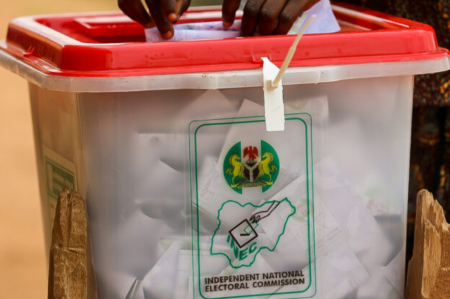One year after the #EndBadGovernance protests that swept across Nigeria, Amnesty International has released a scathing report condemning the government’s heavy-handed response and its failure to deliver justice for the victims. The protests, ignited by escalating economic hardships, widespread inflation, and a surge in fuel prices, began on August 1, 2024, and continued for ten days. While largely peaceful, the demonstrations were met with excessive force by Nigerian security forces, leading to numerous deaths and arrests. Amnesty International’s investigation documented at least 24 fatalities at the hands of the police, primarily in northern states like Kano, Jigawa, Katsina, Borno, Niger, and Kaduna. The organization highlights the disturbing pattern of police firing live ammunition at close range, often targeting the head or torso, suggesting an intent to kill rather than disperse. Furthermore, survivors recounted instances of torture, starvation while in detention, and the indiscriminate use of tear gas.
The Amnesty International report paints a grim picture of the Nigerian government’s response to the protests, accusing authorities of not only using excessive force but also pursuing bogus charges against demonstrators. While the protests were fundamentally about economic grievances and demands for better governance, the government responded with a brutal crackdown, effectively criminalizing dissent. Several protesters have been convicted on fabricated charges, while others continue to face trial in Abuja, Kano, Jigawa, Katsina, and Kaduna states. Amnesty International specifically points to cases in Maiduguri, Borno State, where protesters were convicted based on flimsy accusations such as forming a group named ‘Zanga Zanga’ and purportedly plotting to take up arms against the government. In Abuja, protesters are facing serious charges like levying war against the state, inciting mutiny, and destabilizing Nigeria, charges Amnesty International believes are designed to silence dissent and punish those who dared to challenge the government.
Amnesty International’s investigation unearthed evidence of gross human rights violations committed by the Nigerian police during the #EndBadGovernance protests. The organization’s report details instances where police officers deliberately targeted protesters with live ammunition, resulting in deaths and serious injuries. The use of torture and other ill-treatment while in detention, including denying food and medical care, further underscores the severity of the abuses. Even minors facing trial have not been spared, with reports of their collapsing in court due to the inhumane conditions they endured in detention. The report also criticizes the Nigerian authorities for persisting with charges against protesters despite a lack of credible evidence, suggesting a deliberate effort to suppress dissent and punish those who participated in the demonstrations.
Beyond the immediate violence and subsequent arrests, Amnesty International raises serious concerns about the lack of accountability for the human rights abuses committed during the protests. The organization accuses the Nigerian government of failing to hold the police accountable for their actions, creating a climate of impunity that emboldens further abuses. This lack of accountability not only denies justice to the victims and their families but also undermines the rule of law and sends a dangerous message that security forces can act with impunity. The report emphasizes the need for thorough and impartial investigations into the killings and other human rights violations, with those responsible being brought to justice. Without such accountability, the cycle of violence and impunity is likely to continue.
Amnesty International calls on the Nigerian government to take immediate action to address the human rights abuses committed during the #EndBadGovernance protests. The organization urges the government to drop all charges against peaceful protesters, release those unjustly detained, and provide adequate redress to victims and their families. Furthermore, the report stresses the importance of implementing comprehensive police reforms to prevent future abuses. These reforms should include strengthening oversight mechanisms, improving training on human rights and the use of force, and ensuring accountability for misconduct. The organization also calls on the international community to pressure the Nigerian government to respect and protect human rights, condemning the use of lethal force and arbitrary arrests against peaceful protesters.
The #EndBadGovernance protests served as a stark reminder of the deep-seated economic and governance challenges facing Nigeria. While the protests have subsided, the fight for justice and accountability continues. Amnesty International’s report serves as a crucial call to action, urging the Nigerian government to uphold its human rights obligations and ensure that those responsible for the abuses are held to account. The international community must also play its part by continuing to monitor the situation in Nigeria and applying pressure on the government to address these human rights concerns. The pursuit of justice for the victims and survivors of the #EndBadGovernance protests is not only a matter of legal obligation but also a moral imperative.














